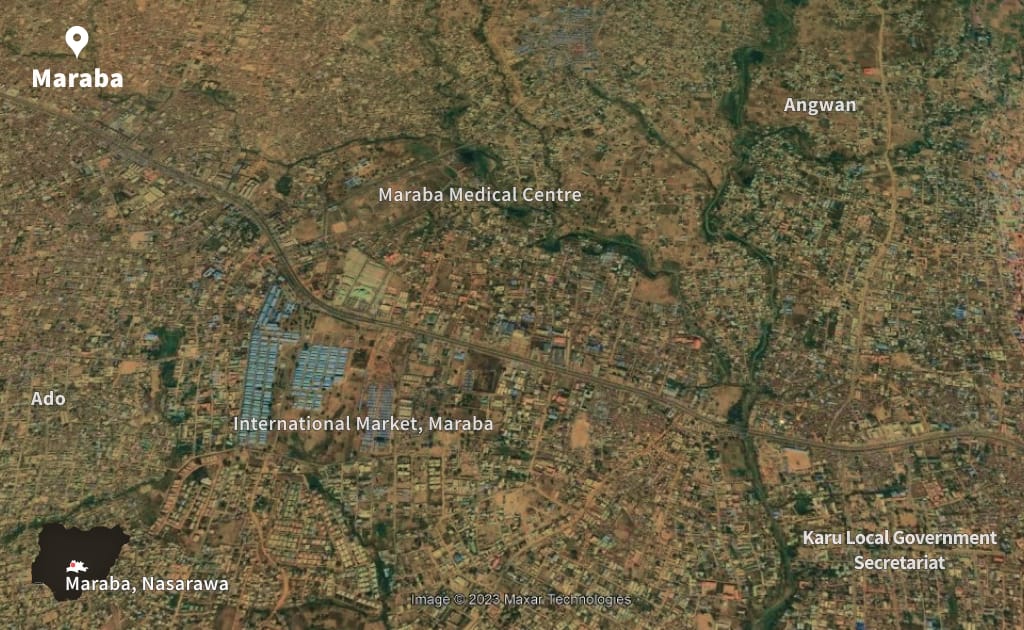Mike Ede, 56, from Opiruku, Oju Local Government Area of Benue State, North-central Nigeria, couldn’t believe that her ever fertile land that was a source of healthy products could reduce in nutrients as he stood looking at the piece of land. “Only but a glorified farmland,” Ede’s thought betrayed him aloud as he tried hard to swallow the pain. Mr Ede wouldn’t have worried enough if only the trend is just on a piece of land, but across many farmlands in “Orihi” and “Iyato”- the two most fertile areas where foods are grown in the local government, at least that is accessible for him. “There were times all these places were full of trees and covered grasses, you could barely go through them because of the thickness of the grasses,” Mr. Ede explained. He continued, “At that time, a piece of land in this area can give you a double output increase especially if it’s cassava or yam, you could feel the nutrients.” As we speak, it is as dry as anything and the scorching sun around this place wouldn’t even allow you till the land.” Mr. Ede is an established farmer in the Opiruku community whose annual income used […]
Investigation
An online survey through a cloud-based platform (Google Form) conducted by David Arome to assess knowledge, perceptions, challenges, and mitigating factors of environmental plastic pollution. The responses of the participants are shown in the chart below:
Residents of Makurdi, the Benue State Capital, are having low celebrations as they lament the undue cost of transportation from the state.
“Benue state is the Food Basket of the Nation as a slogan has undoubtedly been abused. Lack of access roads is one of the many factors contributing to hunger in the state.” Isaac Ode, a 52-year-old farmer said.




